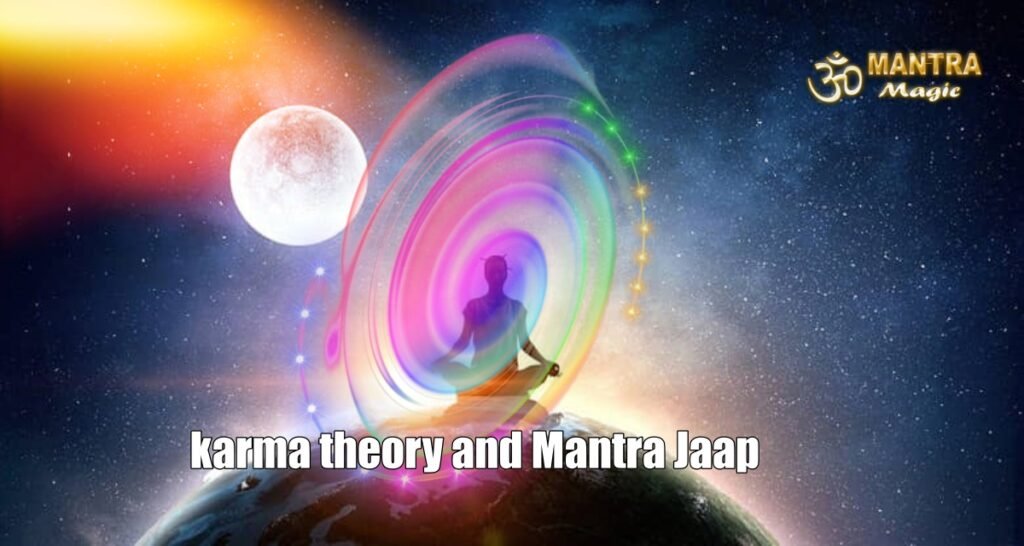Karma theory is a central concept in many Eastern religions, including Hinduism, Buddhism, Jainism, and Sikhism. It refers to the idea that our actions, thoughts, and intentions create a kind of energy or force that affects our future experiences and outcomes. According to this theory, every action we take has consequences, either in this life or in future lives, and these consequences are shaped by our intentions and the overall balance of our past actions. According to karma theory every action that a person takes, whether good or bad, will have consequences that will eventually affect them in this life or in future lives.
One way to understand the idea of karma is to think of it as a kind of moral bank account. Every time we perform a good deed or act in a compassionate and ethical way, we make a deposit in our account, which will eventually come back to us in the form of positive experiences and outcomes. Conversely, every time we act selfishly or harm others, we make a withdrawal from our account, which will eventually lead to negative experiences and outcomes.
What are the good karmas and bad karmas?
Good karma is any action that is morally right, compassionate, and beneficial to oneself and others. Examples of good karma include practicing kindness and generosity, telling the truth, helping others, respecting nature, and practicing self-discipline and meditation.
On the other hand, bad karma is any action that is morally wrong, harmful, or negative towards oneself and others. Examples of bad karma include lying, cheating, stealing, harming others, indulging in negative emotions like anger and greed, and being selfish and self-centered.
It’s important to note that karma is not determined solely by the action itself, but also by the intention behind the action. For instance, if someone helps another person with the intention of receiving something in return, it may not be considered good karma.
In many Eastern traditions, the practice of the mantra jaap is considered a powerful tool for accumulating positive karma and balancing negative karma. Mantra jaap involves the repetition of a sacred word, phrase, or sound, often in the context of meditation or prayer. By repeating a mantra with intention and focus, practitioners believe that they can generate positive energy and vibration that can help to purify their karma and improve their future prospects.
There are many different mantras in different spiritual traditions, each with its own unique meaning and significance. Some popular mantras include the “Om” mantra, which is associated with the Hindu tradition and is often used as a universal sound of consciousness and connection, and the “Nam-myoho-renge-kyo” mantra, which is used in the Buddhist tradition and is believed to represent the fundamental nature of all things.
The practice of mantra jaap can be a powerful way to cultivate mindfulness, concentration, and inner peace, while also working to improve one’s karma and future prospects. However, it’s important to remember that karma is a complex and multifaceted concept, and the effects of our actions and intentions may not always be immediately apparent or predictable. Ultimately, the most important thing is to strive to act with compassion, kindness, and ethical integrity and to cultivate a positive and loving mindset in all aspects of our lives. By doing so, we can work to improve our own karma and contribute to a more harmonious and peaceful world for all beings.

